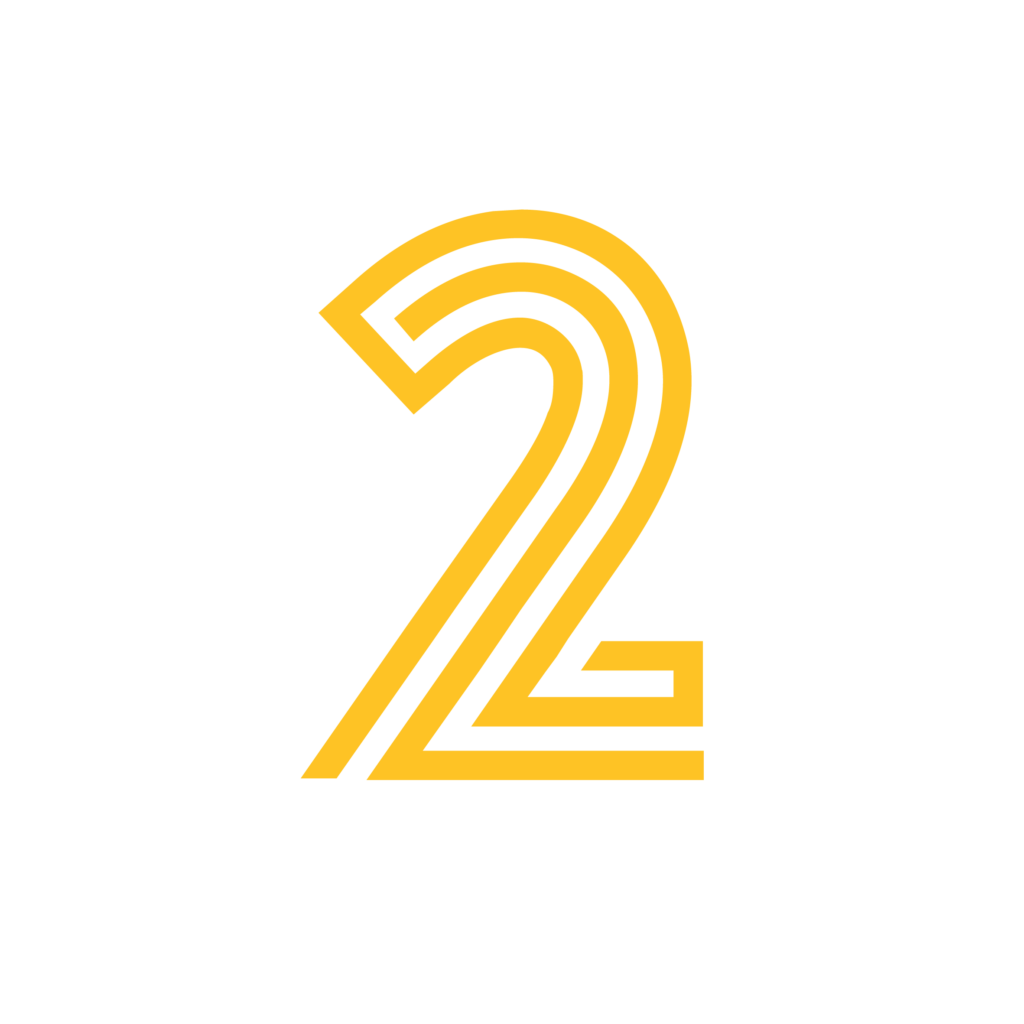If you are looking to put money away for a child to enjoy when they grow up, there are several different options available to parents, grandparents and other family members.
Saving for a child is a great way to ensure that they start their adult lives with a lump sum that could be used to buy their first car, a deposit on a flat or even help them through university. It can also teach them important lessons about the value of money and develop good savings habits from a young age.
Here are a number of options to consider when saving for your children.
Children’s Savings Accounts
- There are two main types of children’s savings accounts: instant access and regular savings.
Instant access
An instant access account allows you (or sometimes your child) to withdraw or deposit money at any time.
- Accounts have to be opened by somebody with parental responsibility if the child is below a certain age, but anyone can make deposits.
Junior ISA (JISA)
A JISA is a long-term tax-free savings account with a maximum annual contribution limit (currently £9,000 for the 2021/22 tax year).
- There are two types of JISA: Cash JISA and a Stocks & Shares JISA.
Cash JISA
A Cash JISA operates in similar fashion to a savings account, but interest earned is tax-free
Stocks & Shares JISA.
A Stocks & Shares ISA allows you to invest in stocks and shares, investment funds and bonds. Any investment return is free from any liability to Capital Gains or Income tax. This type of JISA can go up or down in value and is deemed to be riskier than a Cash ISA, however, it has the potential to generate a larger return.
- Although a parent must open the JISA, the money belongs to the child and cannot be accessed until the child reaches 18. At 18 the account automatically rolls over into an adult ISA.
- If the child is aged 16 or 17, then they are able to take out a regular (adult) Cash ISA and a JISA (this potentially allows them to contribute £20,000 + £9,000 in the 2021/22 tax year).
Premium Bonds
Premium Bonds from National Savings & Investments (NS&I) are an attractive alternative to savings accounts. Rather than earning interest, holders of Premium Bonds are entered into a draw each month for the chance of winning a tax-free cash prize between £25 and £1 million.
- Anyone can buy Premium Bonds on behalf of a child, but a parent or guardian must look after the bonds until the child reaches 16.
- The odds of winning a prize are 34,500 to 1
- The minimum investment is £25 and the maximum investment is £50,000
- Premium Bonds do not pay interest and will gradually decrease in value over time due to the effects of inflation.
Pension Contributions
An alternative, if willing to adopt a longer-term view, is to make pension contributions on behalf of a child. Although the child would not be able to access the money until at least 57 years old, it does assist with making a healthy provision to their retirement fund.
- Any parent or legal guardian can open and manage the pension, but it will automatically transfer to the child when they reach 18, at which point they can then contribute to it themselves.
- The maximum contribution is limited to £2,880 each tax year and tax relief of 20% is added by the government, making a total gross contribution of up to £3,600 pa. Contributions can exceed £2,880 pa, but further tax relief would not applied.
- Any investment growth is tax-free.
Use of a Bare Trust or Designation
You can hold investments, such as collectives, on behalf of a child in a bare trust or a designated account.
A Bare Trust is a legally binding way of registering an investment for a child, but is not a financial product in its own right. The Bare Trust is in the child’s name and they will have full access to it when they reach 18. However, any money within the trust can be used before the child turns 18 provided it is used for the child’s benefit. This flexibility is an attractive option when saving for school fees or other large costs parents may incur before the child turns 18.
A designated account will be earmarked for your child but will be in the parent’s name and treated as the parent’s investment, with any income or gains being taxed at the parent’s marginal rate.
Income tax rules for children
Like adults, children are entitled to a tax-free personal allowance of £12,570 (in the 2021-22 tax year); a £5,000 starting savings allowance at 0%; and a £1,000 personal savings allowance.
This means they can receive an ‘income’ of up to £18,570 on any savings and investments without having to pay tax.
All savings income from a bank or building society account is paid without tax deducted (to coincide with the introduction of the personal savings allowance). However, if the child earns over £100 in annual interest from savings made by a parent, then the parent could be taxed at their marginal rate of tax. This rule does not apply to savings made by grandparents and other family members or friends.
When using a Bare Trust or Designation, children have an annual capital gains tax allowance each year (currently £12,300 in 2021/22), so if an investment within the Bare Trust is sold (either in full or partially) then the child would pay tax if they made a gain of more than £12,300.
Summary
So depending on how much you wish to save, your attitude to risk, the age of your child and the timeframe you are willing to put money aside for, then there are a number of different options available including a good old-fashioned piggy bank.
Disclaimer:
The information provided is for general information only and is not intended to address the particular requirements of an individual or business. It does not constitute any form of advice or recommendation by Menzies Wealth Management Ltd and should not be relied upon by individuals in either making or refraining from making any financial decisions. Where necessary, you should seek appropriate professional advice before acting on any of the information provided.
Menzies Wealth Management is authorised and regulated by the Financial Conduct Authority (486548). Registered address: 1st Floor, Midas House, 62 Goldsworth Road, Woking, GU21 6LQ Registered in England and Wales 06597008.




